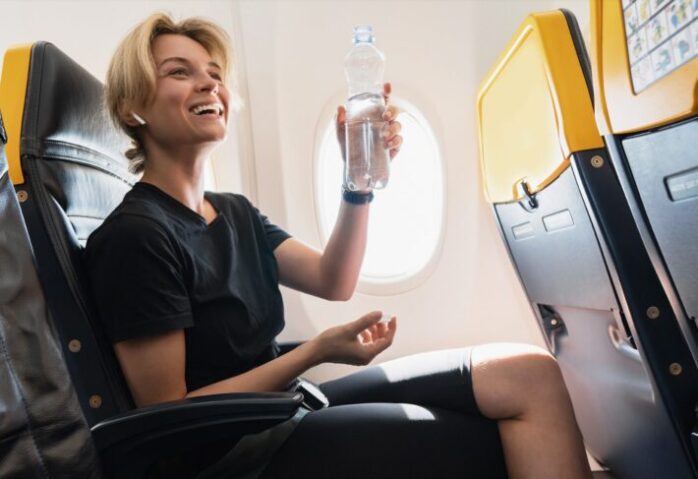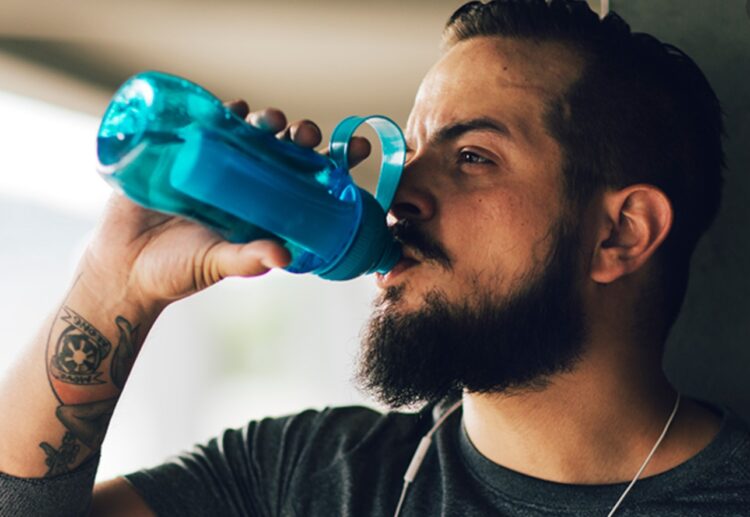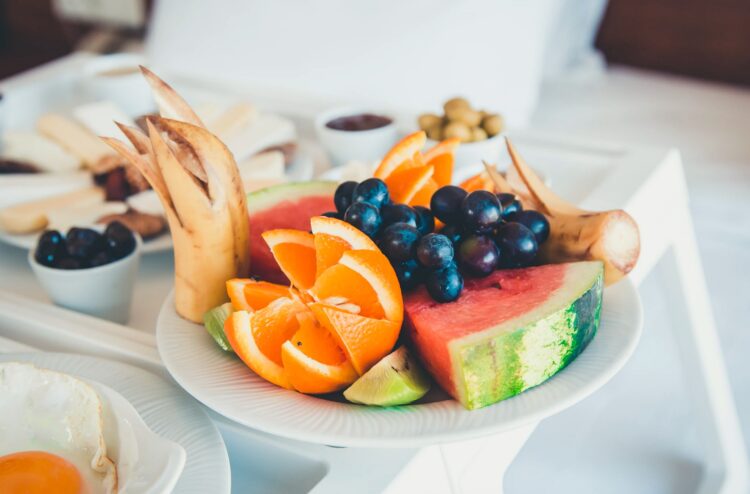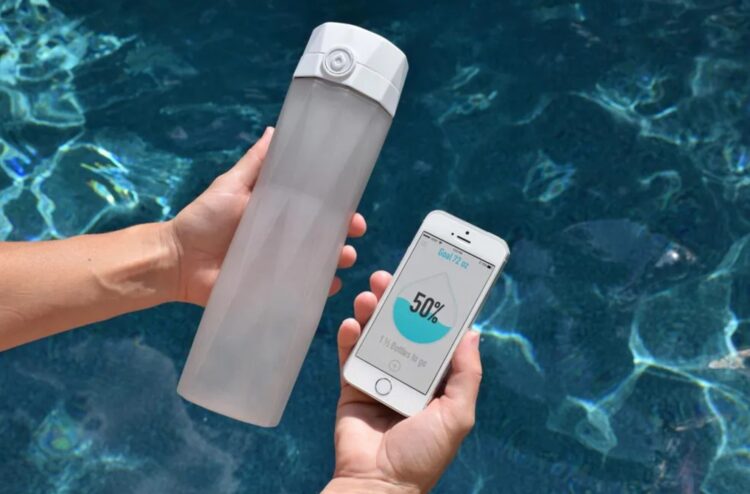
While on vacation or traveling for business, you may have so much to do that you probably forget about keeping yourself healthy. There are so many temptations out there–unhealthy food, late-night outs, not getting enough sleep, and more. If you’re not careful, you may get sick while on the road.
It’s always crucial to stay safe while traveling. Being safe means keeping your physical and mental health in check wherever you’re planning to go. One of the problems you may encounter when traveling is staying hydrated. Dehydration is a health condition that has serious repercussions.
Dehydration is a condition where the body loses fluids, usually from sweating, urination, or diarrhea. Mild dehydration can occur when fluid loss or lowered fluid intake results in a decline in the body’s water content.
You can become dangerously dehydrated because of insufficient water intake. This causes several different symptoms and effects such as inability to concentrate on tasks at hand, excessive thirst, irritability, restlessness, fatigue, headache, or vomiting. A person with severe dehydration may experience seizures, shock, and sudden unconsciousness, all of which require immediate medical attention.
Dehydration can strike anyone and is particularly common at times where bodily activity increases. Traveling and staying hydrated at the same time isn’t rocket science. Take a look at the following pro tips for staying hydrated every time you travel:
1. Drink Plenty Of Fluids

One of the most important tips to stay hydrated while traveling is to drink plenty of fluids. Water is the healthiest beverage you can drink no matter where you’re headed to. Here are some tips to ensure you’re drinking water all the time whether you’re in-flight, aboard your vehicle, or moving out and about:
- One of the easiest methods for doing this is by purchasing a sports bottle with a built-in filtration system. All you need to do is fill the bottle up with water and pop it into your packing bag.
- There are many beverages you can buy when traveling but it’s best to avoid caffeinated or sugary drinks. Water is the better choice because it has no calories, no fat, and no sugar.
- There are certain situations where it would be difficult to get access to clean drinking water, especially if you’re traveling to remote locations. Drinking contaminated water isn’t a good idea, either. You should consider bringing sufficient amounts of water for your travel and some water purification tablets for emergencies.
- If you’re going to be outside for a considerable amount of time, you may also want to invest in a sports drink that will keep you hydrated. These products aren’t only packed with electrolytes but also contain important nutrients that can keep you healthy when you are dehydrated.
If you’re feeling some signs of dehydration, it’s crucial to take immediate action. Minor dehydration can be treated in several ways, from drinking more fluids to taking dripdrop.com oral rehydration solutions. Extreme dehydration, however, warrants a trip to the hospital to prevent serious complications.
2. Watch The Food You Eat

In addition to keeping yourself hydrated, another simple tip to follow is watching your diet. This means avoiding any foods or beverages that can put you at risk of dehydration. What are the foods you should avoid?
- Salty snacks put you at risk for dehydration because of sodium’s impact on your body.
- Fried foods and meals you pop into the microwave may also be high in sodium.
- Caffeinated and alcoholic drinks should be avoided. Tea should only be consumed in small quantities. These drinks promote frequent urination which contributes to dehydration.
- Other types of foods you should be avoided include anything containing refined sugar, salt, and monosodium glutamate (MSG).
It’s best to avoid certain foods that can exacerbate the feeling of thirst by eating foods rich in water or other liquids, such as:
- Fruits (for example, watermelon, strawberries, pineapples, peaches, oranges, coconuts)
- Vegetables and seeds (for example, cucumber, lettuce, spinach, tomatoes, zucchini, chia seeds)
3. Keep Track Of Your Water Consumption

Need help in remembering your water intake? There are smartphone apps that can help you keep track of the amount of water you drink. These programs are very helpful in reminding you to hydrate yourself. You simply have to set the program so you can get alarms or reminders to drink water. It’s a fun way to manage your water consumption so you can stay hydrated in all your travels.
4. Minimize Sun Exposure
Some people don’t realize that prolonged sun exposure is one way to lose fluids and cause dehydration. When traveling at noon, the sun’s rays can be too hot, so you should ensure you have sunscreen or an umbrella to protect yourself from the sun. In addition, when you’re going to be in the sun for long periods, always bring along a bottle of water or two to avoid getting dehydrated.
5. Wear Breathable Clothing

Always check the weather conditions at your destination before going there. When traveling, especially in places with warm weather, make sure to bring along clothing that’s light and breathable. Synthetic fabrics and tight clothing will make you sweat more which can lead to dehydration. The best fabric for warm weather are natural ones like cotton, linen, or silk.
But you can also experience dehydration even if you’re visiting a place with a cold climate. Without sweat, you’ll start assuming you’re not losing fluids, which isn’t true. So, you should drink plenty of fluids whether you’re traveling to locations with cold or warm weather.
Takeaway
It might seem like common sense, but you would be surprised at how many people don’t take the proper measures to keep themselves hydrated when traveling. As long as you follow these simple tips, you shouldn’t have any issues with becoming dehydrated while on the go.
If you’re going to be on an airplane for an extended time, it’s always best to carry along a bottle of water to hydrate yourself anytime. If you’re on the road for any length of time, you will want to make sure you take regular stops to get enough drinking water supply inside your vehicle. Make hydration a priority no matter where you’re going–your body will thank you for it.












